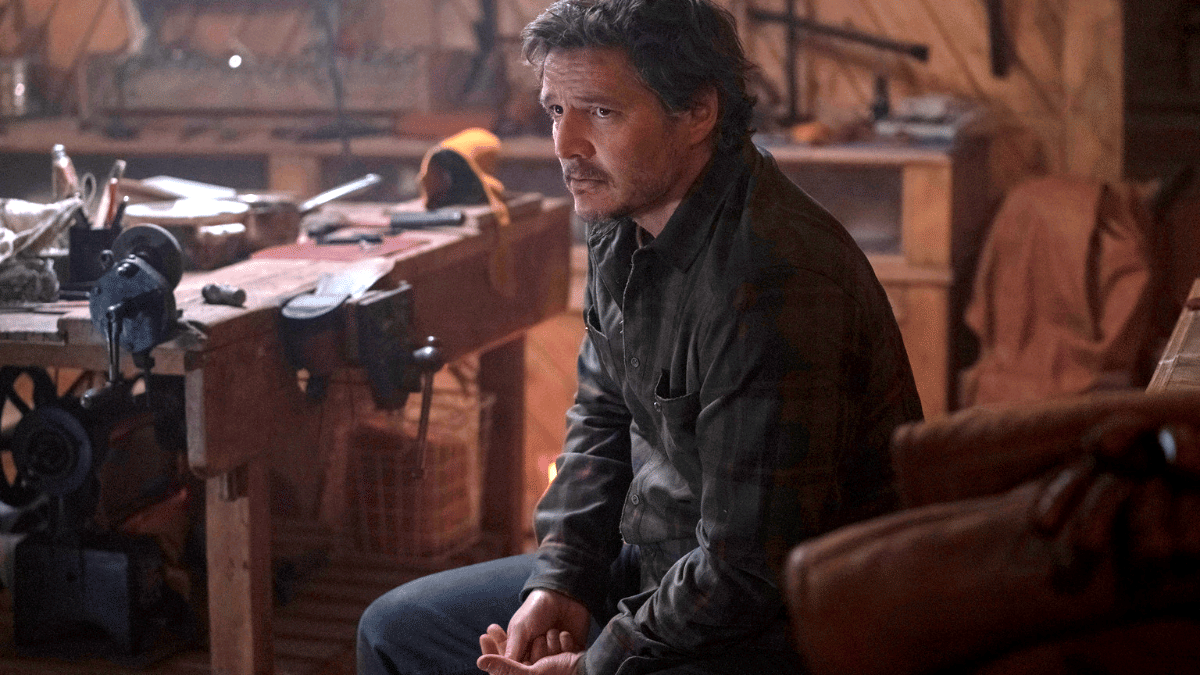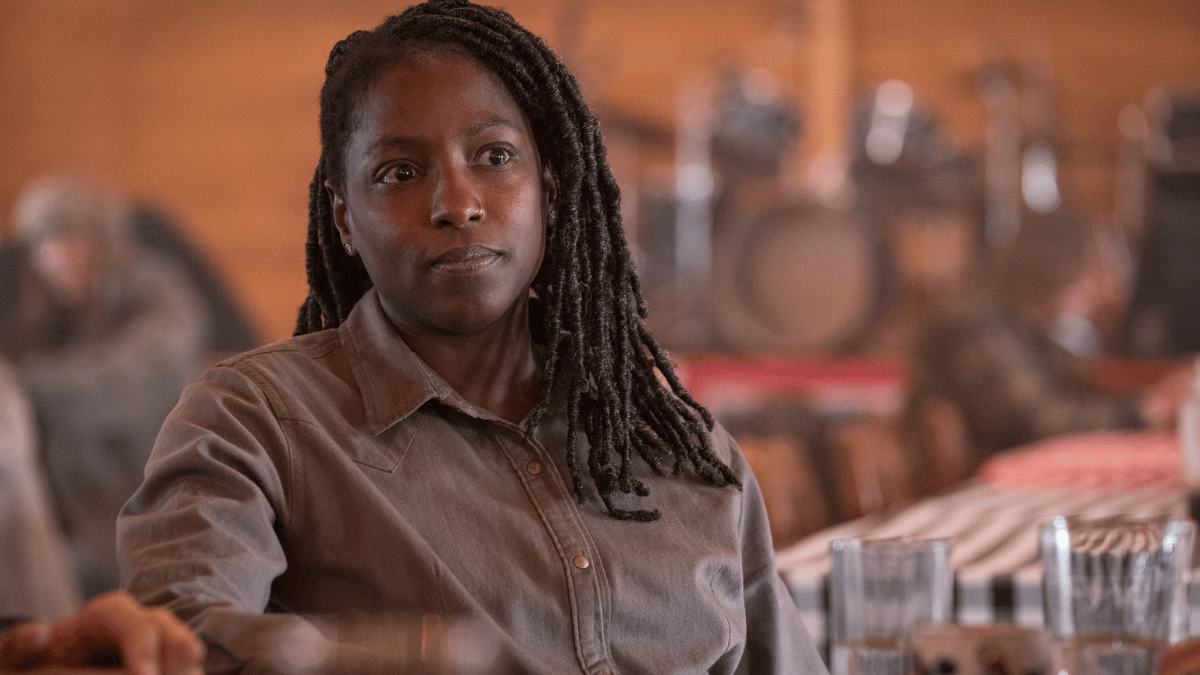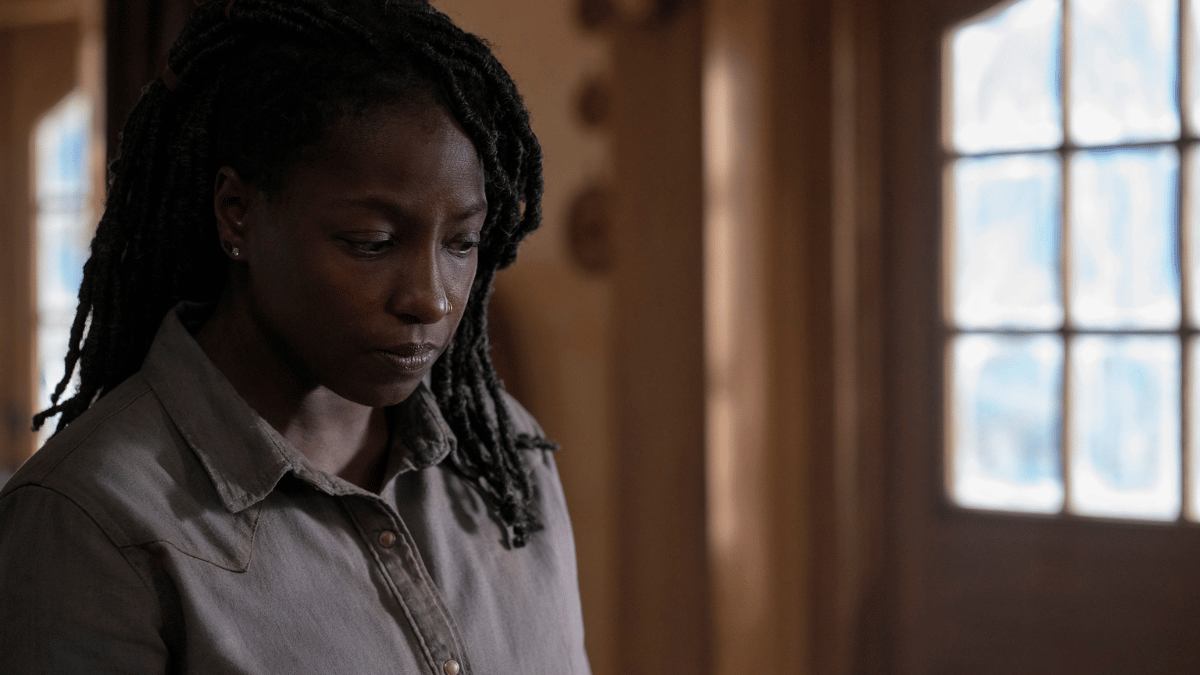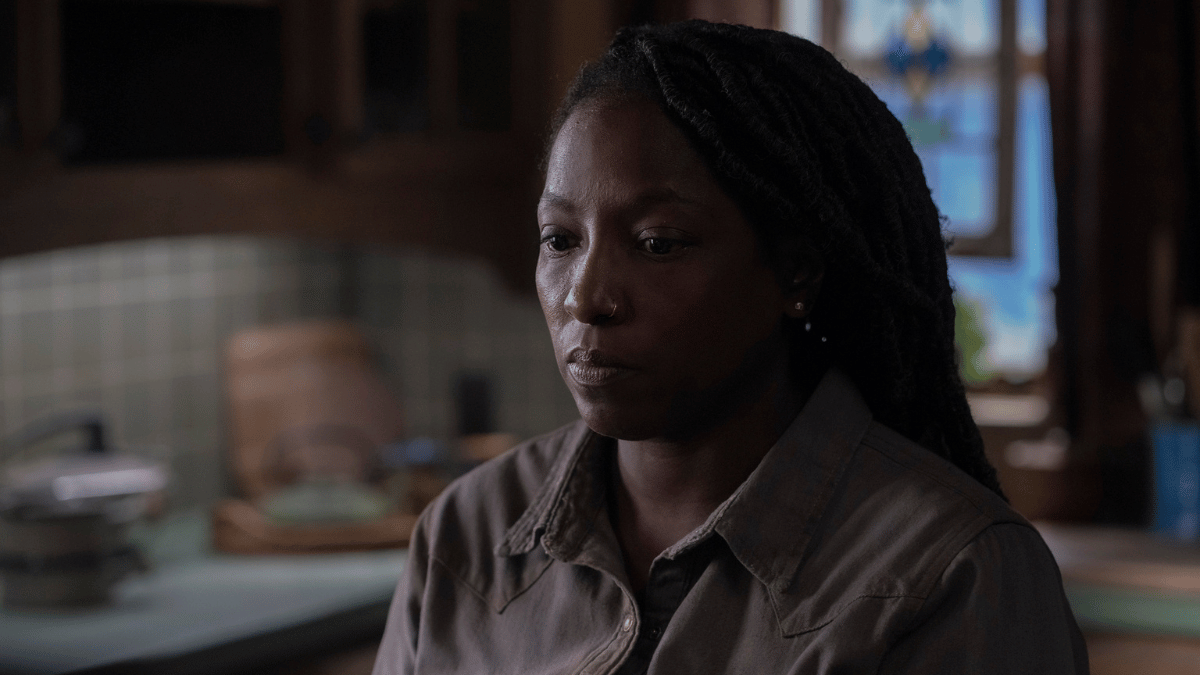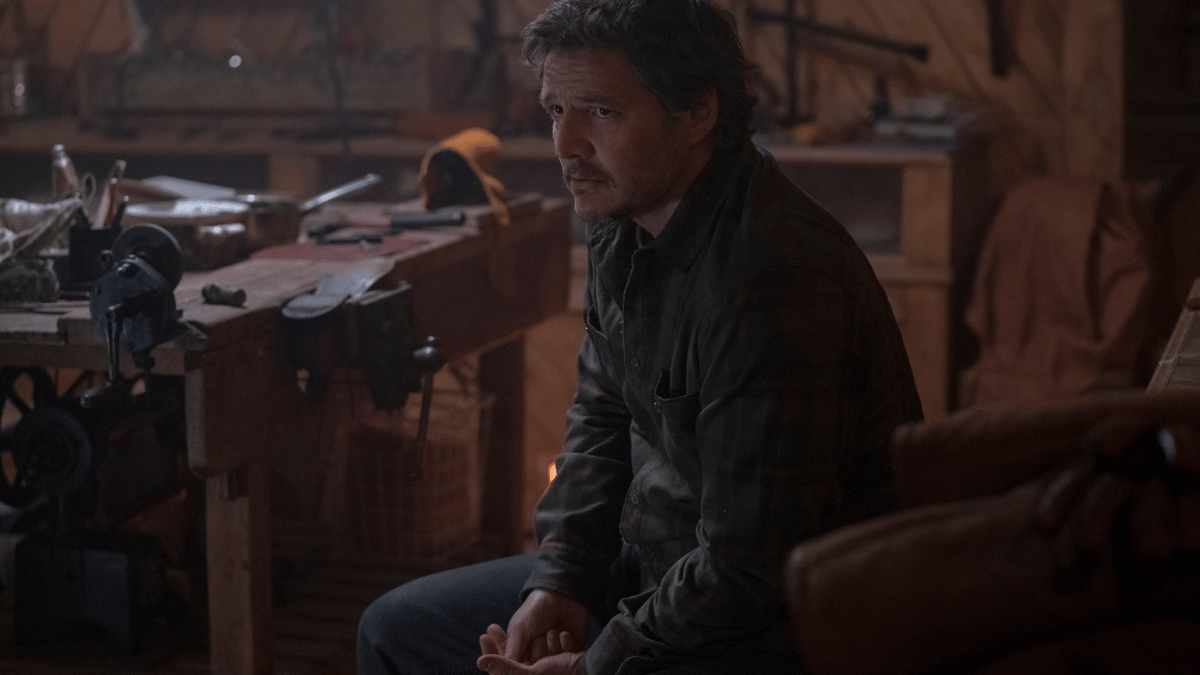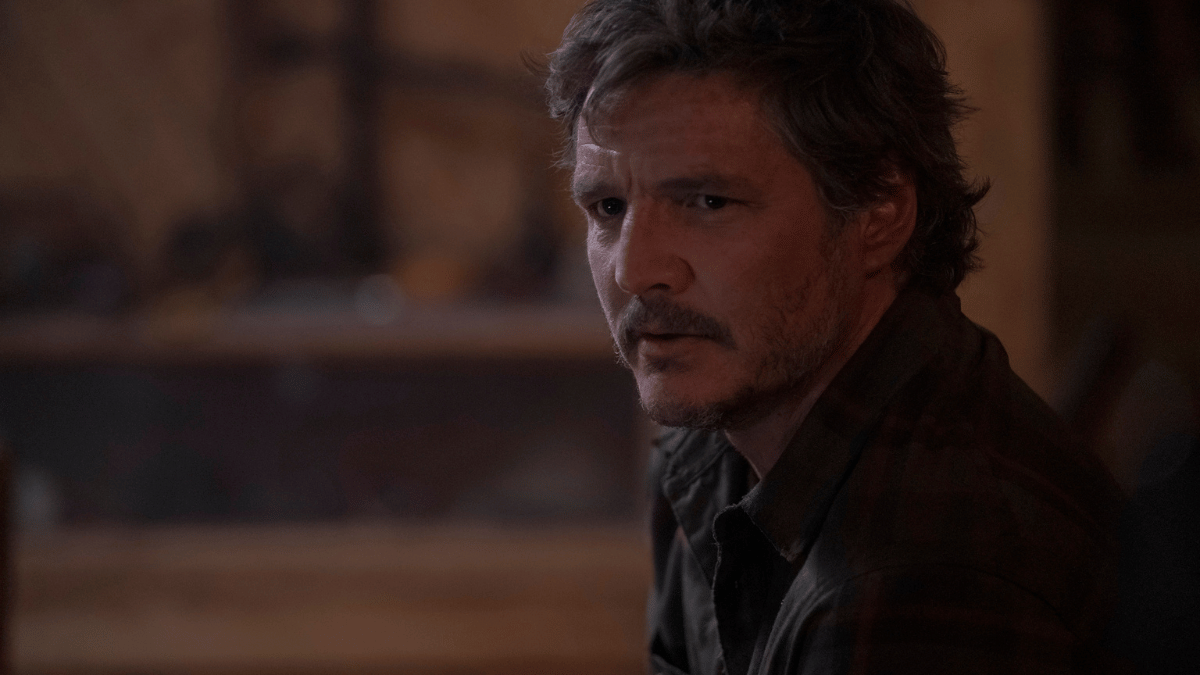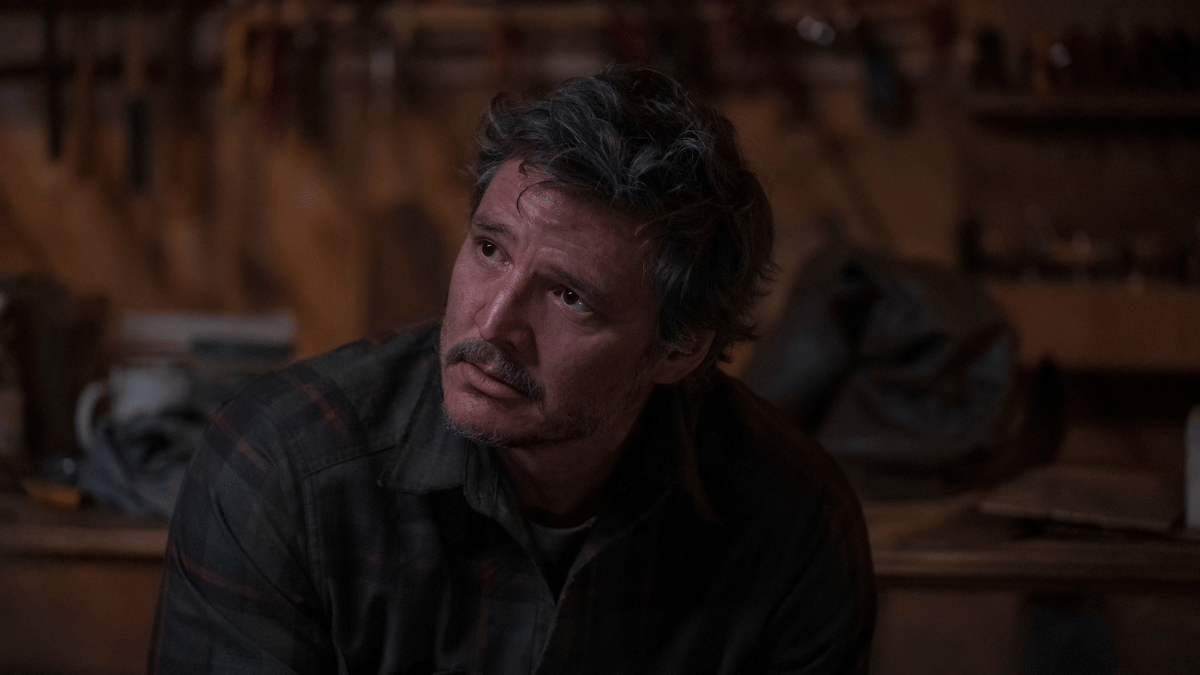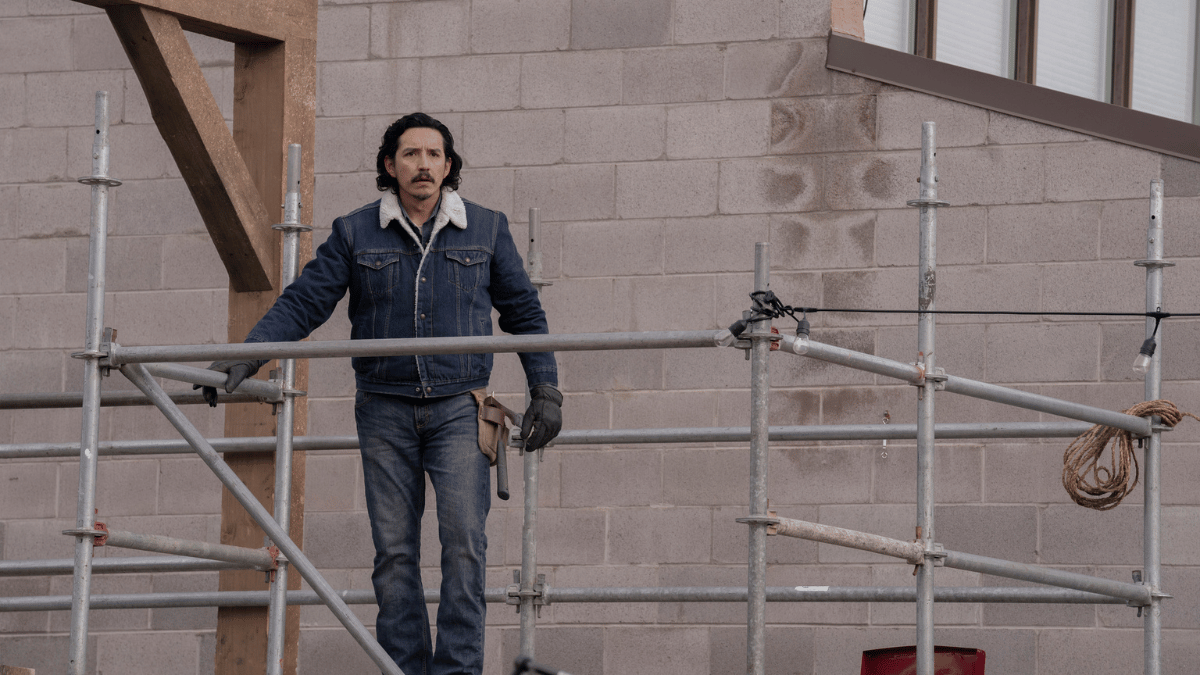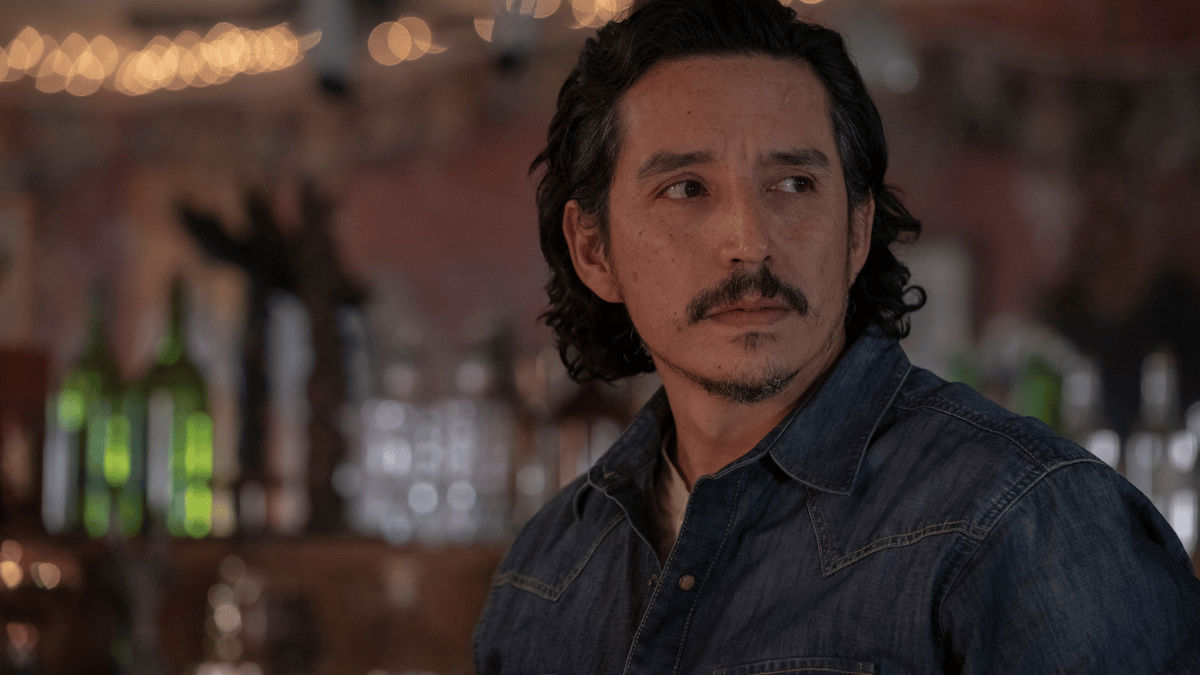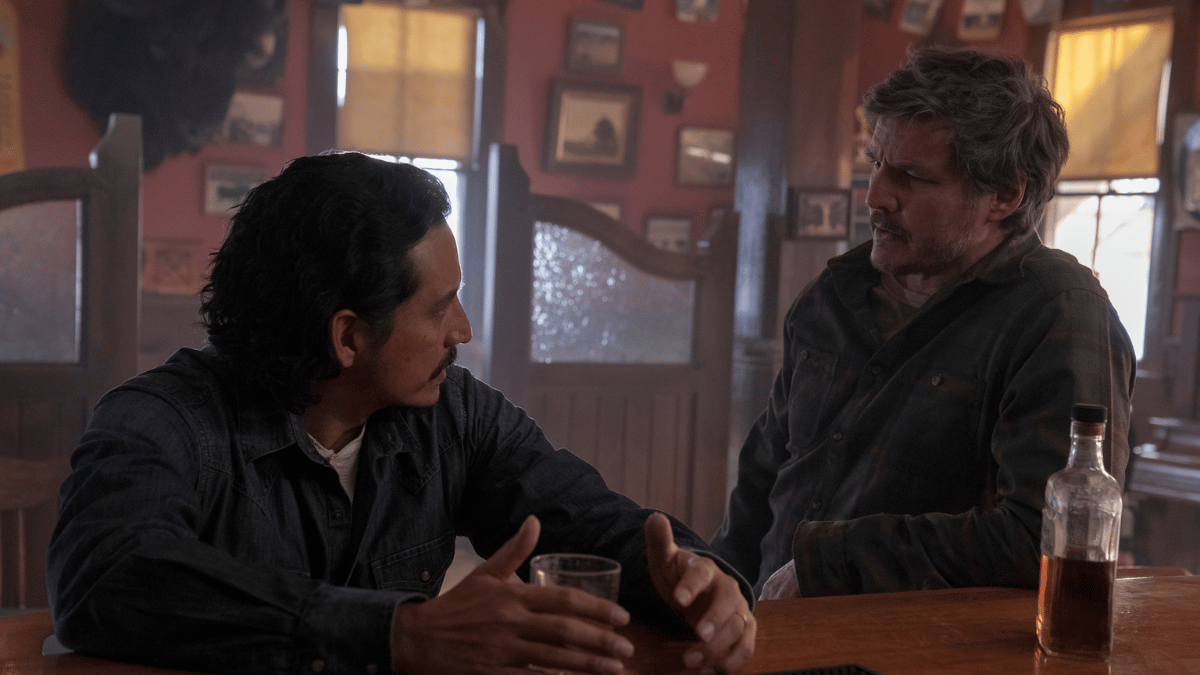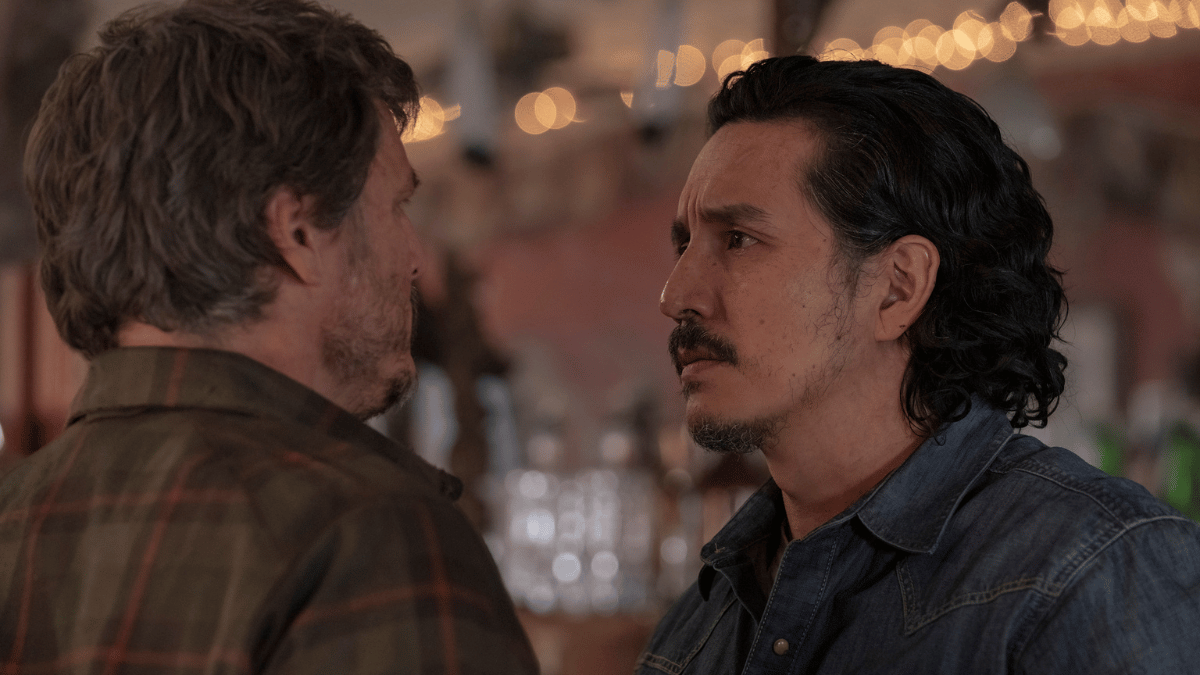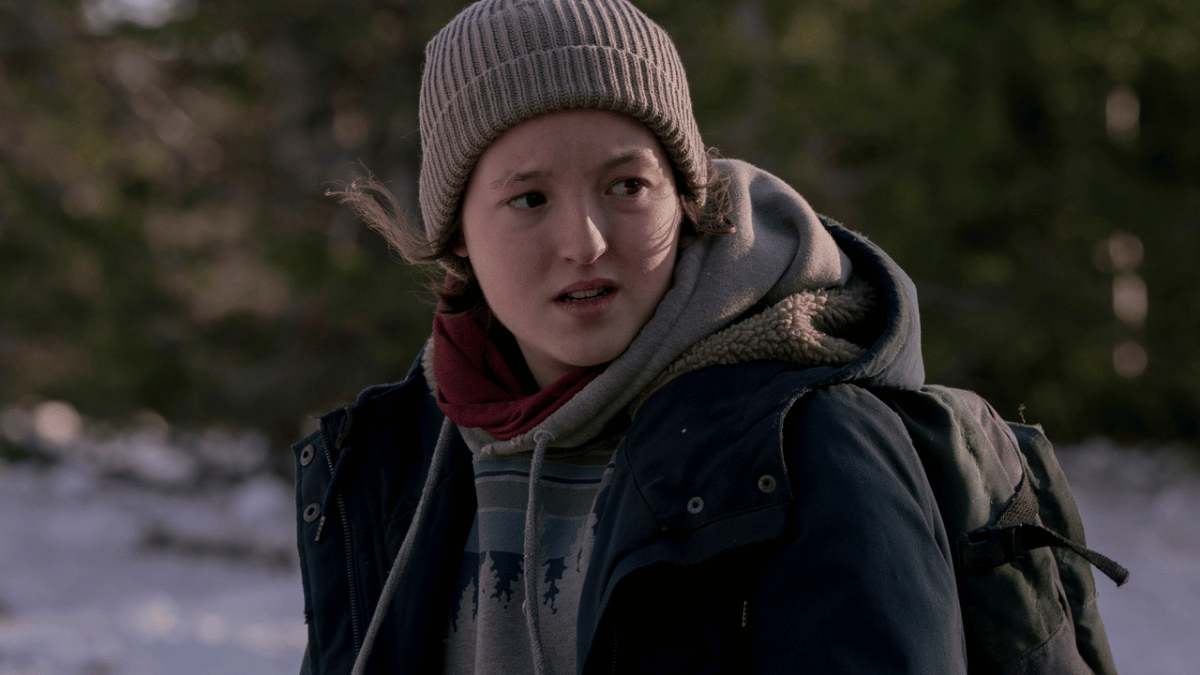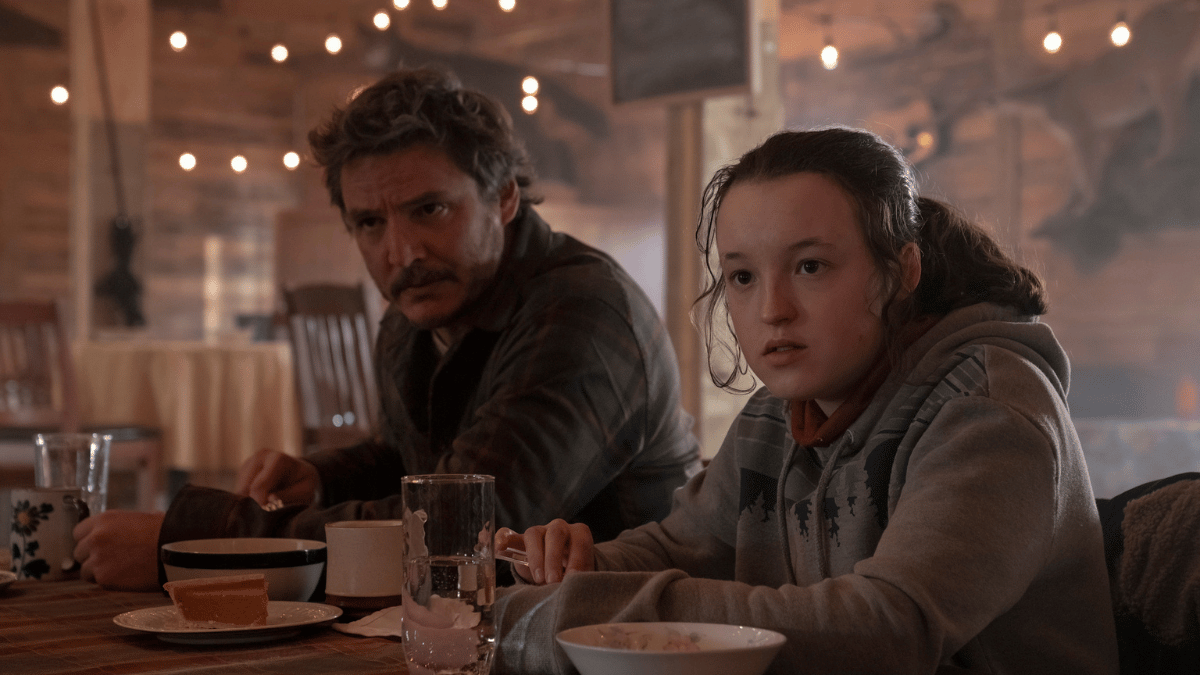The Last of Us has not only remained almost entirely faithful to the original Naughty Dog games, but it has elevated and rounded out the long-beloved cast of characters, doing so in ways which are often borderline impossible to achieve within the bounds of the video game medium, all the while avoiding the too-common pitfall of so many other video game adaptations before it and completely disregarding the source material.
This was particularly evident in episode six of The Last of Us, “Kin”, which for the most part was an opportunity for the audience to take a breather from the moment-to-moment survivalism and intensity, instead taking a chance to get to know, and unpack the psyche of Pedro Pascal’s Joel.
This process began shortly after the opening moments of the episode, with Joel clutching at his chest, as the audience presumes a potential heart condition. Later in the episode, he reveals to his brother Tommy that what he is experiencing are effectively panic attacks – that his fear of failing those closest to him is so acute, he freezes.
It is during this evening sequence in Jackson that we truly got to know what’s going on in Joel’s mind. In essence, it is an extended version of Joel and Tommy’s conversation in the game, which is cut short by a gameplay sequence (and if we’re being honest, adapting too many action scenes would have landed us with a post-apocalyptic John Wick-style show). Consequently, we never quite get to the root cause of why Joel wants to leave Ellie behind, besides the established context of not wanting to lose his surrogate daughter.
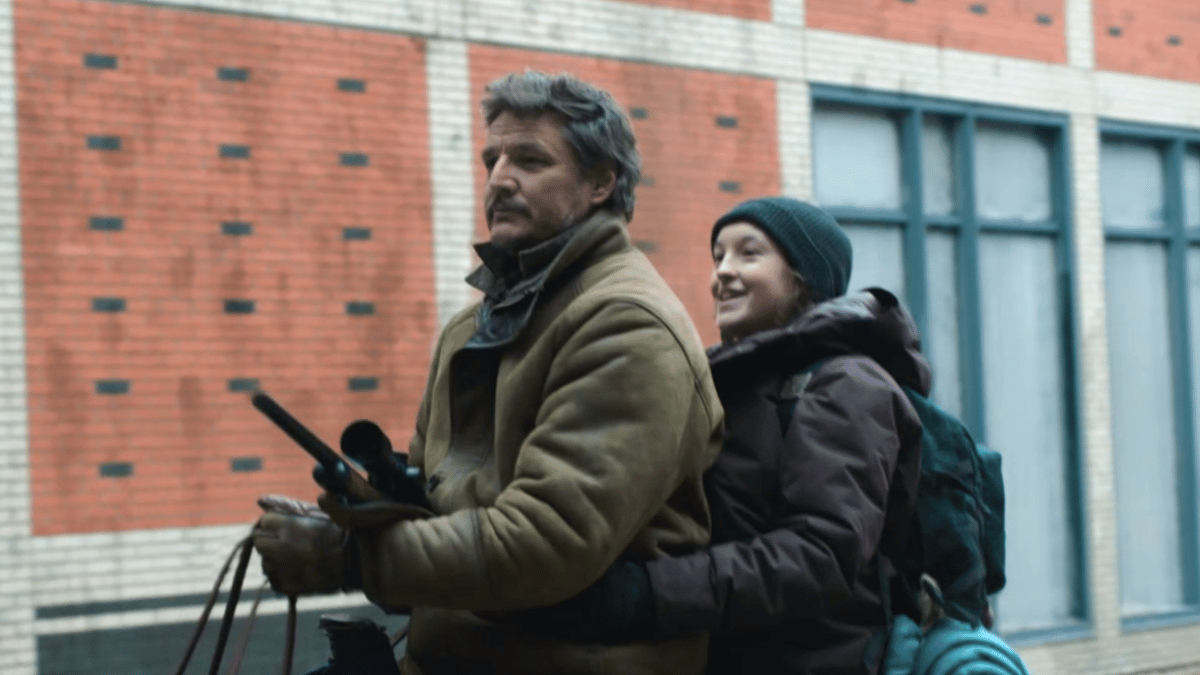
Now, I’m not discounting the storytelling possibilities of video games; The Last of Us Part II (which was referenced plenty during ‘Kin’) went a lot further to dig into root motivations and build out more well-rounded characters, and did so superbly. Film and television simply have more flexibility and leeway to achieve this – because not every developer can be a Hideo Kojima type and make games which are more cutscene than gameplay. Otherwise we’d reach a point of diminishing returns as to what constitutes a film or video game.
What we have ended up with as a result of “Kin”, however, is a much more sympathetic leading man – and we now know his mind a lot better as he walks down a path to the inevitable, and fast-approaching events of the first game’s conclusion, and the show’s season finale, which will happen in just a few weeks time on HBO Max.

